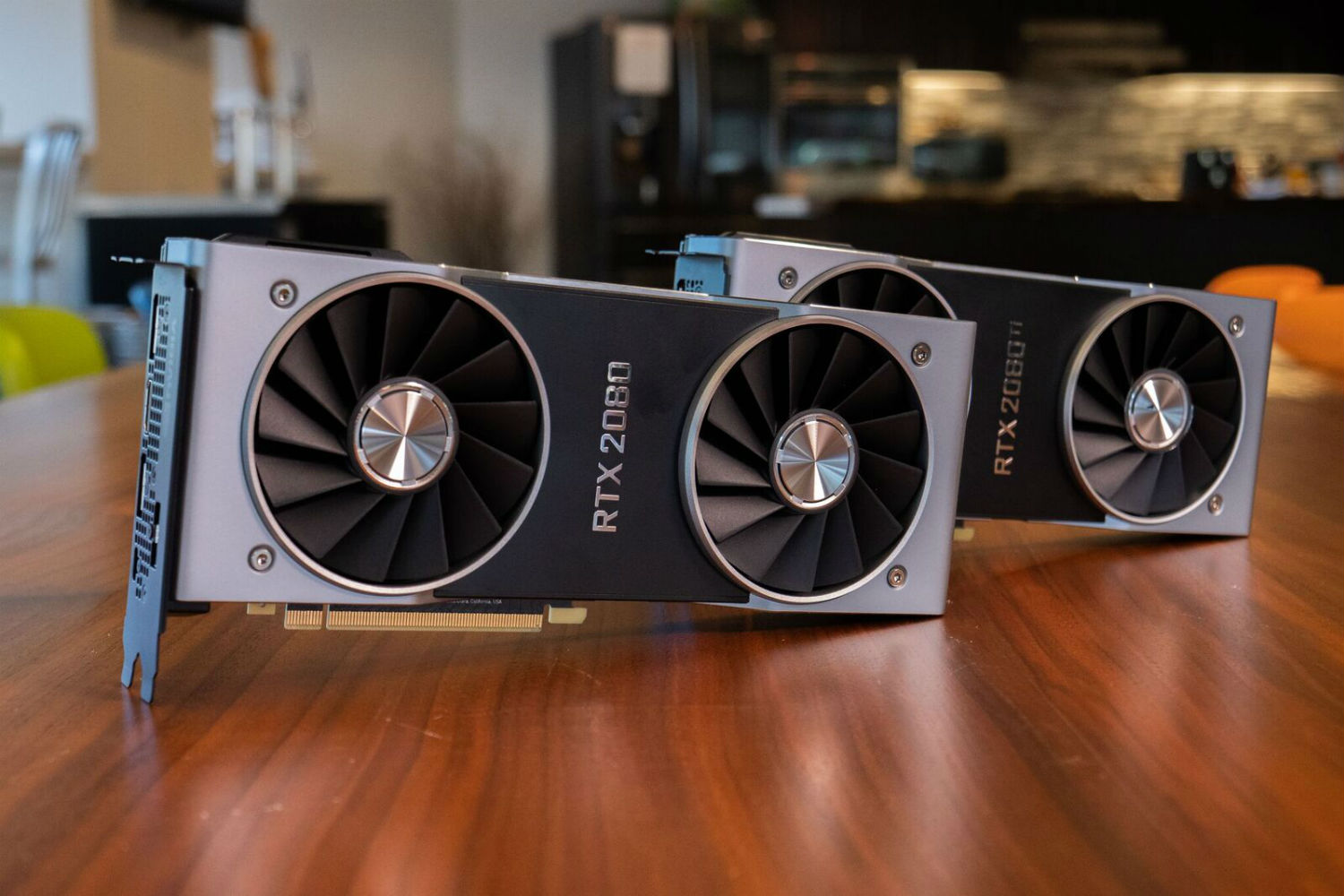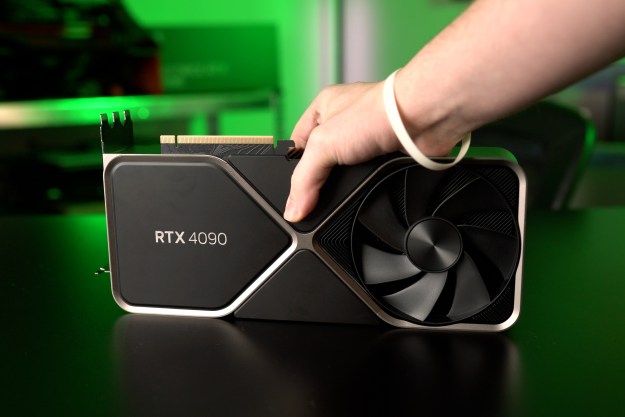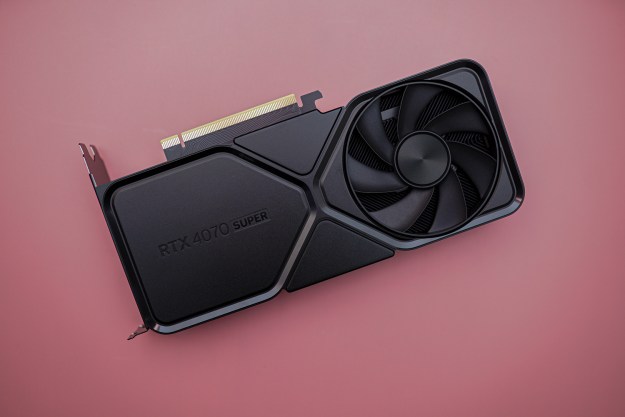
Just over a week ago, we reported on the seemingly unsettling numbers of dead and dying Nvidia RTX 2080 Ti cards. Since then, the state of affairs isn’t much more clear. To try and change that, we reached out to a number of retailers, system builders, and manufacturers, to try to find out what is exactly going on, which cards are failing, and maybe even why they’re dying in the first place.
For a more detailed look at the 2080 Ti and 2080, check out our full review.
Which cards are dying?
Nvidia’s response to our original story and the follow up coverage was to say that it was “working with users individually, but we are not seeing any broader issues.” The company refused to give us any information on either the sales figures for the 2080 Ti or the failure rates, and at the time of writing has yet to respond to further requests for comment on this story whatsoever. Since Nvidia is the only one to sell its own Founders Edition cards, that leaves us at a relative dead end for learning more about those cards in particular.
When it comes to the AIB partner cards, though, we were more successful. Connor Richards, public relations manager at Overclockers UK, told Digital Trends that, “The unwanted return rate is slightly higher on the 2080 Ti than other cards, actual faults are very low though. Average return rate is about 3.5 percent with 50 percent of those being returns under the 14-day return policy.”

The two highest selling cards Overclockers UK has had in the past couple of years display similar number, he told us. They averaged a 3.34 percent return rate, with around 46 percent being “unwanted,” rather than failed cards. Those numbers suggest that the AIB partner 2080 Ti cards are as reliable (if not slightly more so) than most graphics cards. However, those numbers are skewed slightly favorably due to the relative youth of the GPUs.
We also received tips from several GPU manufacturers on the condition of anonymity, that they had experienced no issues with new cards
One well established, UK-based system builder told us that they had seen zero failures among the 2080 Ti-equipped systems. We also received tips from several GPU manufacturers on the condition of anonymity, that they had experienced no issues with new cards, 2080 Ti or otherwise.
Harji Chana, COO of gaming PC builder, Digital Storm, told Digital Trends that they hadn’t seen any kind of “alarming” return rate on RTX 2080 Tis. Famed overclocker Der8auer released a statement video for Caseking, citing failure numbers for the “thousands” of AIB partner 2080 Tis sold as around 1.4 percent. That’s noticeably higher than the 0.1 percent of returns for the 2080, but still far from substantial.
But what about Founders Edition cards?
Well, with no numbers from Nvidia when it comes to the Founders Edition cards, all we can do is look to anecdotal evidence. Threads and comments on Nvidia’s forums continue to mount from disgruntled 2080 Ti Founders Edition owners. A survey of some 70 of those forum members with 2080 Ti cards showed a failure rate in excess of 55 percent. A survey from the Nvidia subreddit community of over 100 RTX 2080 owners found just 2.5 percent of cards had failed, in comparison.
These sample sizes are minuscule, however, so should be taken with a sizable grain of salt.
What’s causing card failures?
Without numbers from Nvidia, it’s impossible to know just how many 2080 Tis have been sold and what percentage of those are failing. That said, based on the results of our own investigation and the numbers of complaints on various social platforms, it would at least suggest that of the cards that are failing, the 2080 Ti Founders Editions are the most likely of all Turing GPUs to experience these problems. So, why is that?
Several investigations have been launched by multiple organizations to try to find out. TomsHardware Germany performed some thermal testing of a 2080 Ti reference card to see if the memory was overheating. Although some chips did reach around 85 degrees Celsius, that is within the safe operating temperature of the Micron GDDR6 packages.

We reached out to Micron to see if it had a comment on the temperature of its memory modules, but it simply told us, “We support NVIDIA with their efforts to address end-user issues.”
GamersNexus performed thermal testing of its own and didn’t discover any cause for concern with its 2080 Ti cards. However, it did report that Nvidia uses different thermal pads from multiple manufacturers with its cards. That could mean that some cards have slightly different thermal pads, which in theory, could lead to less-than-ideal contact between memory chips and coolers. That could explain why some cards experiencing the problems we’re seeing. At this time we don’t have any confirmation on that, though.
What we can confirm, thanks to GamersNexus, is that some of the non-artifacting issues with 2080 Ti cards aren’t as problematic as they might seem. Blue screens of death and crash to desktop errors appear to be caused by a combination of problems with high refresh rate monitors, G-Sync, and particular games. A driver update may be all that’s needed to fix that problem.
Upon testing another of its fan-sent 2080 Tis, GamersNexus also discovered a bizarre issue with the card’s BIOS which locked its frequency and caused crashes when overclocking occurred.
Mountains out of graphical molehills?
It would be remiss of us not to point out that with the lack of hard numbers on card failure rates it is entirely possible that the ones being reported are not hugely substantial. The forum posts and subreddit comments may be a vocal minority who are (understandably) frustrated that their $1,000+ graphics card failed so quickly. There are certainly enough users out there claiming to have perfectly working 2080 Tis that we can safely say this isn’t a blowout where the entire generation is ruined and the architecture a waste of time.
That said, there are clearly some problems cropping up with RTX cards and of those cards, the most problematic are 2080 Tis. And of the 2080 Tis, the most problematic are the Founders Edition cards.
With that in mind, if you want to buy a 2080 Ti, you appear to be more likely to receive a safe, stable graphics card if you buy one from a third-party, rather than Nvidia itself.
We will update this story as and when we learn more.
Editors' Recommendations
- Nvidia could flip the script on the RTX 5090
- RTX 4090 owners are in for some bad news
- You shouldn’t buy these Nvidia GPUs right now
- Nvidia DLSS is amazing, but only if you use it the right way
- Nvidia just made GeForce Now so much better




